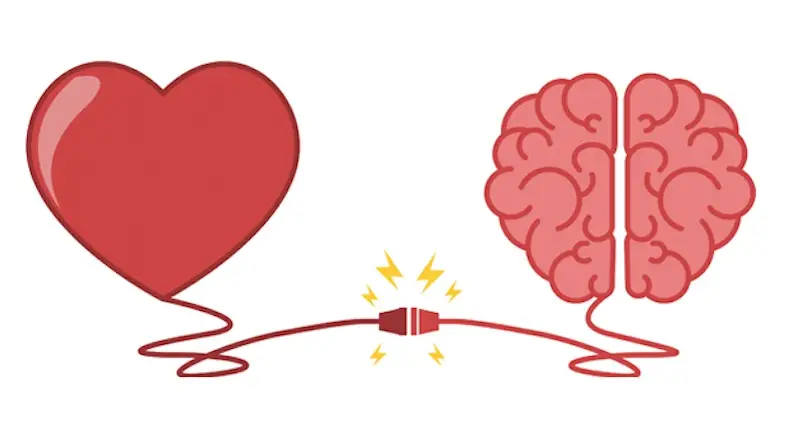Emotional intelligence (EI) refers to the ability to recognize, understand and manage your own emotions, as well as the ability to recognize, understand and influence the emotions of others.
Here are some examples of behaviors and characteristics associated with high emotional intelligence
- Self-Awareness:
- Recognizing and understanding your own emotions, as well as how they affect your thoughts and behaviors.
- Example: Acknowledging when you're feeling stressed or frustrated and taking steps to address it.
- Empathy:
- Understanding and being sensitive to the feelings and perspectives of others, even if they differ from your own.
- Example: Listening attentively to a friend who is going through a tough time and offering support.
- Self-Regulation:
- Managing your emotions in healthy and constructive ways, even in challenging situations.
- Example: Remaining calm and composed during a high-pressure work meeting, rather than reacting impulsively.
- Motivation:
- Channeling your emotions into positive and productive activities, setting and working towards personal and professional goals.
- Example: Staying motivated to complete a challenging project, even when faced with obstacles.
- Social Skills:
- Building and maintaining healthy relationships, communicating effectively and resolving conflicts in a constructive manner.
- Example: Mediating a disagreement between team members by listening to both parties and finding a mutually agreeable solution.
- Emotional Expression:
- Being able to communicate your feelings in a clear and assertive manner, without being aggressive or overly passive.
- Example: Expressing your concerns or needs to a partner or colleague in a respectful and honest way.
- Adaptability:
- Being flexible and open to change and effectively managing stress and uncertainty.
- Example: Adapting to a new work environment or a change in personal circumstances with a positive and proactive attitude.
- Resilience:
- Bouncing back from setbacks, maintaining a positive outlook and persevering through challenges.
- Example: Learning from a professional setback and using it as an opportunity for personal growth and development.
- Conflict Resolution:
- Addressing conflicts in a constructive and collaborative manner, seeking mutually beneficial solutions.
- Example: Working with a team to find a resolution that satisfies everyone's needs and concerns.
- Recognizing Non-Verbal Cues:
- Paying attention to body language, facial expressions and other non-verbal cues to better understand the emotions of others.
- Example: Noticing when a colleague appears uncomfortable during a meeting and checking in to see if they need support.
These examples illustrate how emotional intelligence plays a crucial role in various aspects of personal and professional life, from self-awareness to building strong relationships and navigating complex social situations.
Thanks for reading the article, for more lifestyle related articles read our peoples blog articles.















